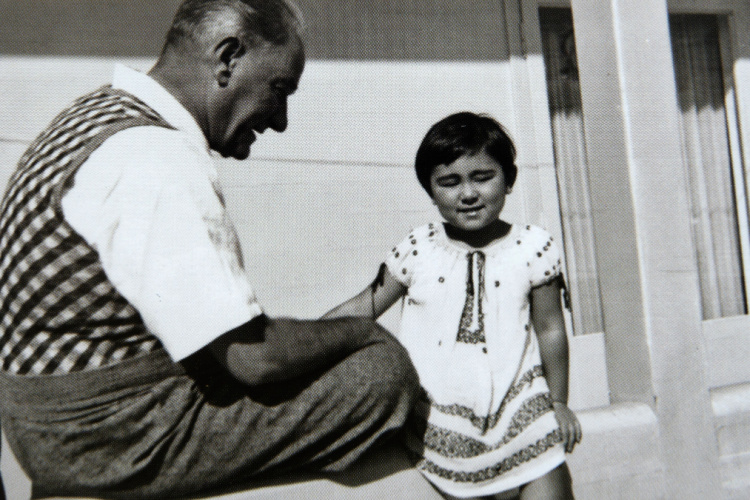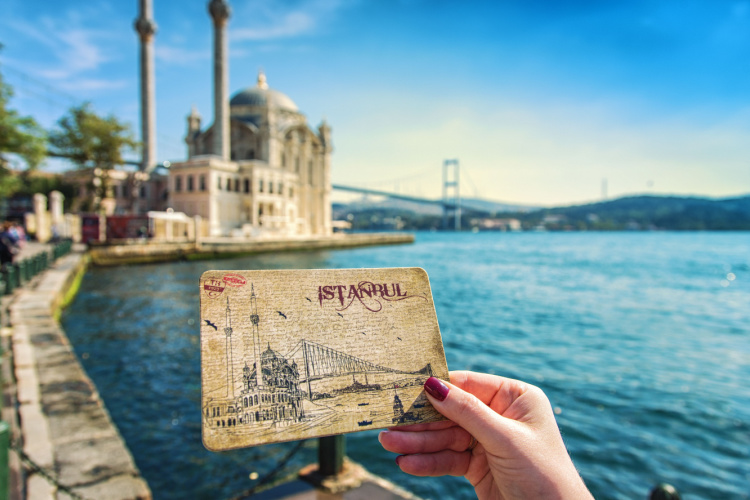
BLOG
- ELİTE WORLD HOTELS & RESORTS
- BLOG
- THE LONGİNG THAT HASN'T RELENTED FOR 85 YEARS: NOVEMBER 10, COMMEMORATİON DAY OF ATATÜRK
The Longing That Hasn't Relented for 85 Years: November 10, Commemoration Day of Atatürk

The death of the Great Leader Mustafa Kemal Atatürk, the founder of our Republic and the architect of our days, is perhaps the greatest loss of Turkish society. The reforms bequeathed by Atatürk, a leader who spent his life on the battlefields and devoted his life to his country and the Republic, which he called "My Greatest Work", are entrusted to us today. We continue to keep alive the ideas of Atatürk, who aimed to leave us an independent and modern country by making revolutions in many areas from social life to education and we remember him with great longing every year on November 10. In this article, we will talk about 5 important legacies that Atatürk had left us.
Thanks to Atatürk, Women Gained the Right to Vote and Be Elected
It is difficult to describe the place of women in society before the Republic. Thanks to Atatürk, women who did not have the right to vote and be elected, who were not given the right to speak and who could only partially enter the working life, had the rights that they deserved. The revolution of Atatürk, who gave great importance to women and argued that they should be praised, not oppressed, completely changed the definition of women in Turkish society. Under the leadership of Atatürk, some arrangements were made for them to be included in economic and political life. As a result of these regulations, women became strong individuals who had the right to vote and be elected and have equal education and work rights.
He Loved Children So Much That He Gifted Them a Holiday

The Grand National Assembly of Turkey, which opened on April 23, 1920, was actually the declaration that the Turkish society had established a new state. With the decision taken on April 23, 1921, it was decided that April 23 would be a national holiday. From that day on, April 23 began to be celebrated as the National Sovereignty Day. Children have come to the fore since the first National Sovereignty Day held in Ankara in 1922. During the April 23 celebrations, donations began to be collected for the Himaye-i Etfal Cemiyeti (Turkish association for the protection of children), or in today's name the Child Welfare Agency, which was given importance and support by Atatürk. Children became the symbol of this holiday when the badges belonging to the institution were sold by children for charity. Thus, April 23, 1925, was designated as Children's Day by the National Authority. It started to be celebrated as Children's Day in 1926.
Footsteps of Civilization: Surname Law
Since surnames were not used in the Ottoman period, father's names, places of birth, or nicknames given to families were added to the names. This situation caused confusion in many areas, especially in official affairs. Nicknames such as molla, paşa and efendi were abolished and the Surname Law was enacted on June 21, 1934, and this law came into force in 1935. With the Surname Law, family members chose a common surname, and these surnames were added after their names. The surname Atatürk was given to the Great Leader Mustafa Kemal Atatürk on November 24, 1934, and it was decided that no one, including his own family, should take this surname.
The Basis of Development and Progress: Combining Education and Teaching
Education was the basis of the development of Atatürk. This law, called the Unification of Education Law, aims to renew the education system, and combine modern, secular, and national principles with education. Thus, the education system was connected to the Ministry of National Education, which was the Board of Education at that time and the whole system was gathered under one roof. A secular and modern structure in education was aimed. Primary education became free and obligatory.
Society's Band-Aid: Turkish Civil Code
During the Ottoman Period, legal affairs were managed according to religious rules. For this reason, the legal structure was insufficient to meet the needs of Turkish society in matters such as people's rights and obligations, inheritance issues, renting and purchasing. The Turkish Civil Code, modeled on the Swiss Civil Code, came into force on February 17, 1926. The biggest benefit of the law is undoubtedly that it ensures equality between men and women. Another innovation that shows the importance Atatürk gave to women is the granting of the right to divorce for women. In addition, family unity was protected by introducing a monogamous marriage model. By making official marriage compulsory, polygamy was prevented. In short, Atatürk aimed for equality in the whole society with the Turkish Civil Code.
And What Remains for us is a Longing That Never Subsides
After 85 years, we continue to carry an unending longing in our hearts. We are grateful to Atatürk for being able to live in the light of his nationalist, secular, and contemporary ideas. This sense of gratitude is so deep that even after all this time without him, all of us, from young to old, who have never seen him or had the opportunity to get to know him, remember him with deep longing and indescribable love. Every year on November 10, Anıtkabir is filled with visitors, sirens sound in schools and everyone waits in silence. Maybe nothing alleviates this longing, but we continue to follow in the footsteps of our Leader, Atatürk.
With endless respect and longing…
These articles may also be of interest to you:
















